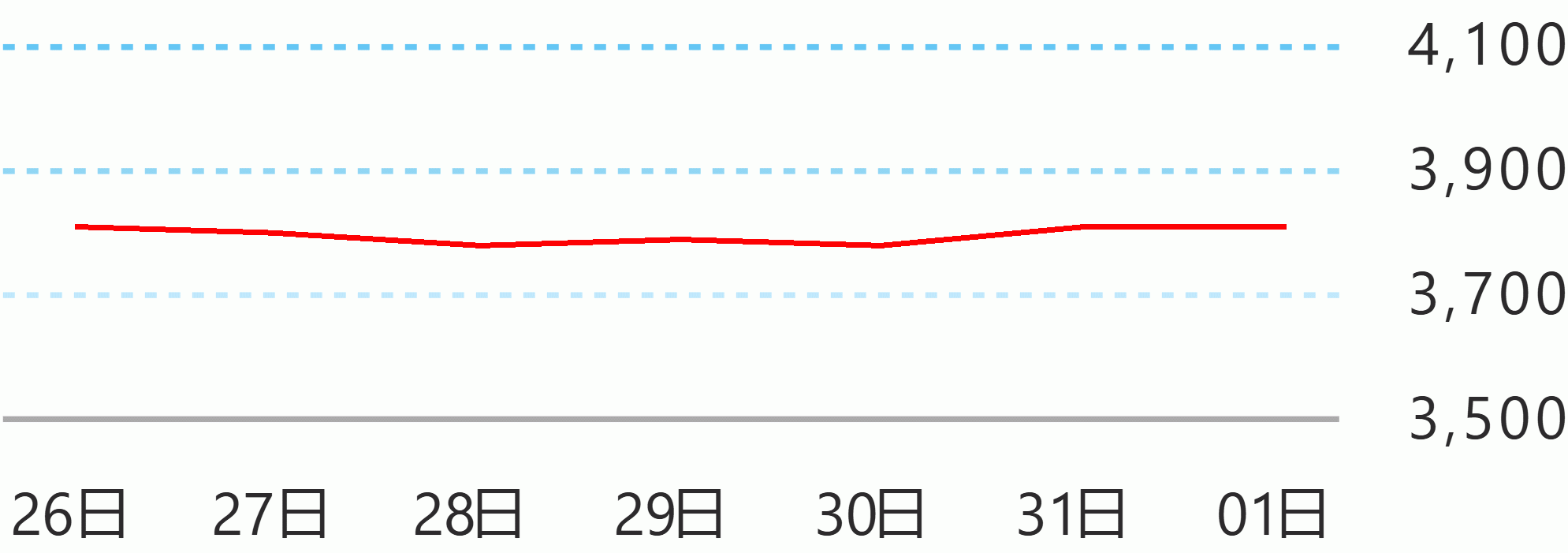The Supreme Court is eyeing to come up by next month a final version amending the Rules of Crminal Procedure particularly on the service of arrest and search warrants by law enforcers to suspected criminals with the aid of body-worn cameras, Chief Justice Alexander Gesmundo said on Friday.
In a virtual press press conference, the chief magistrate said once the high court finished with a final version, the court en banc will immediately approve it for enforcement.
He noted that last March, Associate Justice Marvic Leonen submitted to the court en banc a working draft on the revisions of the Rules of Criminal Procedure specifically to address the issuance and service of arrest and search warrants.
"They (staff) are working on it and in relation to that, we will be amending the Rules of Criminal Procedure with respect to those provisions and one of the things that we are now working on is the adoption of the rule on the use of body-worn camera," Gesmundo said.
Once the SC session resumes on June 15, he said they will take up the proposed rule as the other justices have submitted their respective inputs.
"Hopefully and we are optimistic that may be two or after three deliberations, we will come up with a final version," he said.
"The Court is very clear in our statement that with respect to the issuance of arrest warrant or search warrant, our judges know their responsibility that they have to comply with what the Constitution and the Rules of Court should provide. So, we hope that with the issuance of these rules on BWC or body-worn cameras, these issues will be addressed specifically," Gesmundo said.
"It's in the works and by July perhaps when we have the final version, we'll approve it for implementation immediately," he added.
On its own initiative, the SC started formulating the new guidelines for the issuance and service of arrest and search warrants following the increasing number of individuals, such as the activitists and drug suspects, killed during law eforcement operations.
Gesmundo said the high court is still working on the revisions of the writs of kalikasan and amparo and the proposed writ of kalayaan, which is "an innovation which will obviously require a thorough study."
On the writs of kalikasan and amparo, he said his office requested the Office of the Court Attorneys to do the research particularly those materials that may be available from other jurisdictions.
Specifically on the writ of kalikasan, Gesmundo noted that a number of changes have happened concerning the protection of the environment since it was adopted in 2010.
The writ of kalikasan is a legal remedy to protect and advance the constitutional right of the people to a balanced and healthful ecology while the writ of amparo is a remedy available to any person whose right to life, liberty and security is violated or threatened with violation by any unlawful act or omission of a public official or employee, or of a private individual or entity.
As to the proposed writ of kalayaan, Leonen earlier opined that it would be similar to the writ of kalikasan or the writ of continuing mandamus in environmental cases, but geared toward adressing jail congestion. It shall be issued when all the requirements to establish cruel, inhuman and degrading punishment are present.
Gesmundo said the Court has to ensure that all the possible amendments, including the proposed writ of kalayaan, shall not deviate from the constitutional provisions. Celerina Monte/DMS





 English
English










